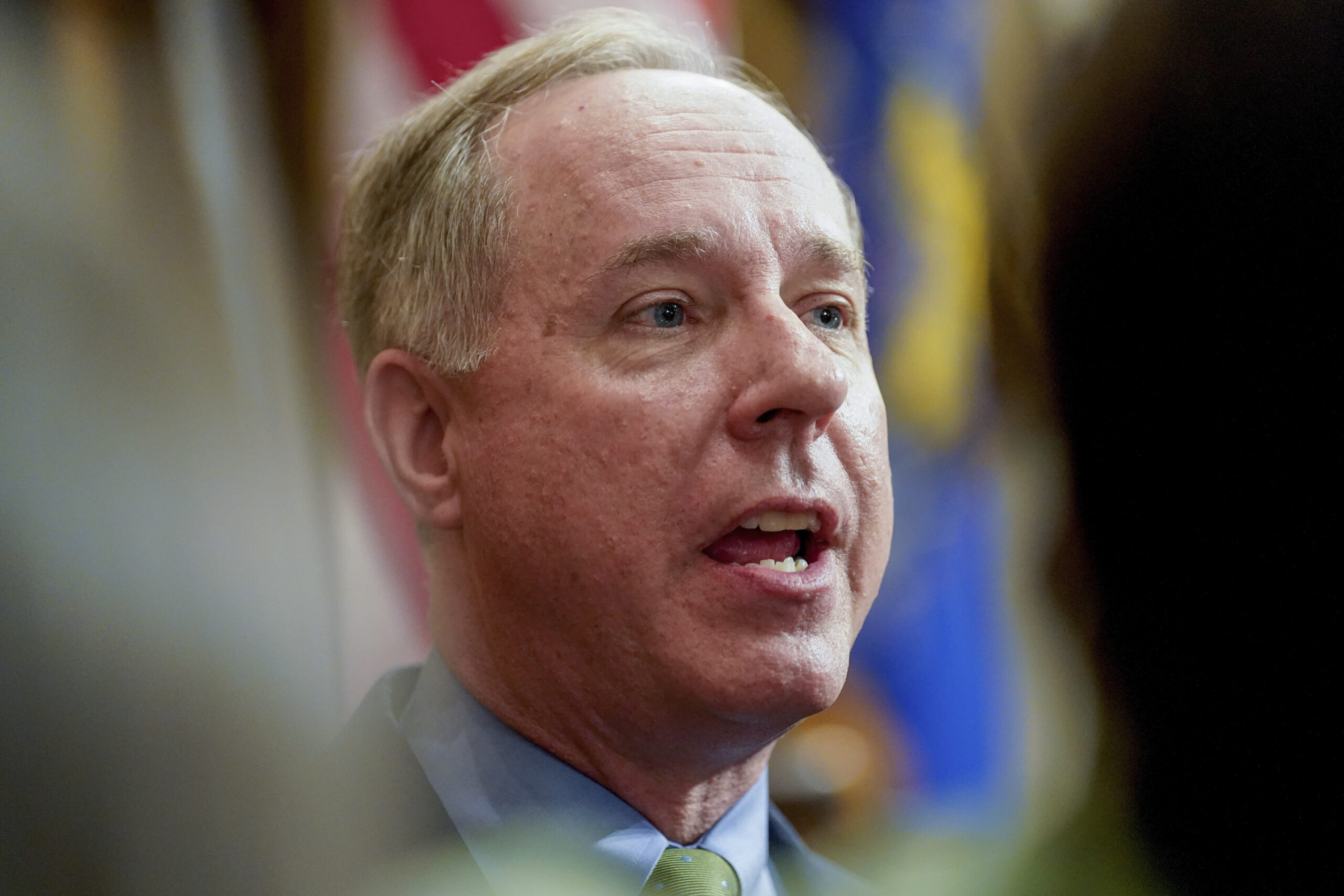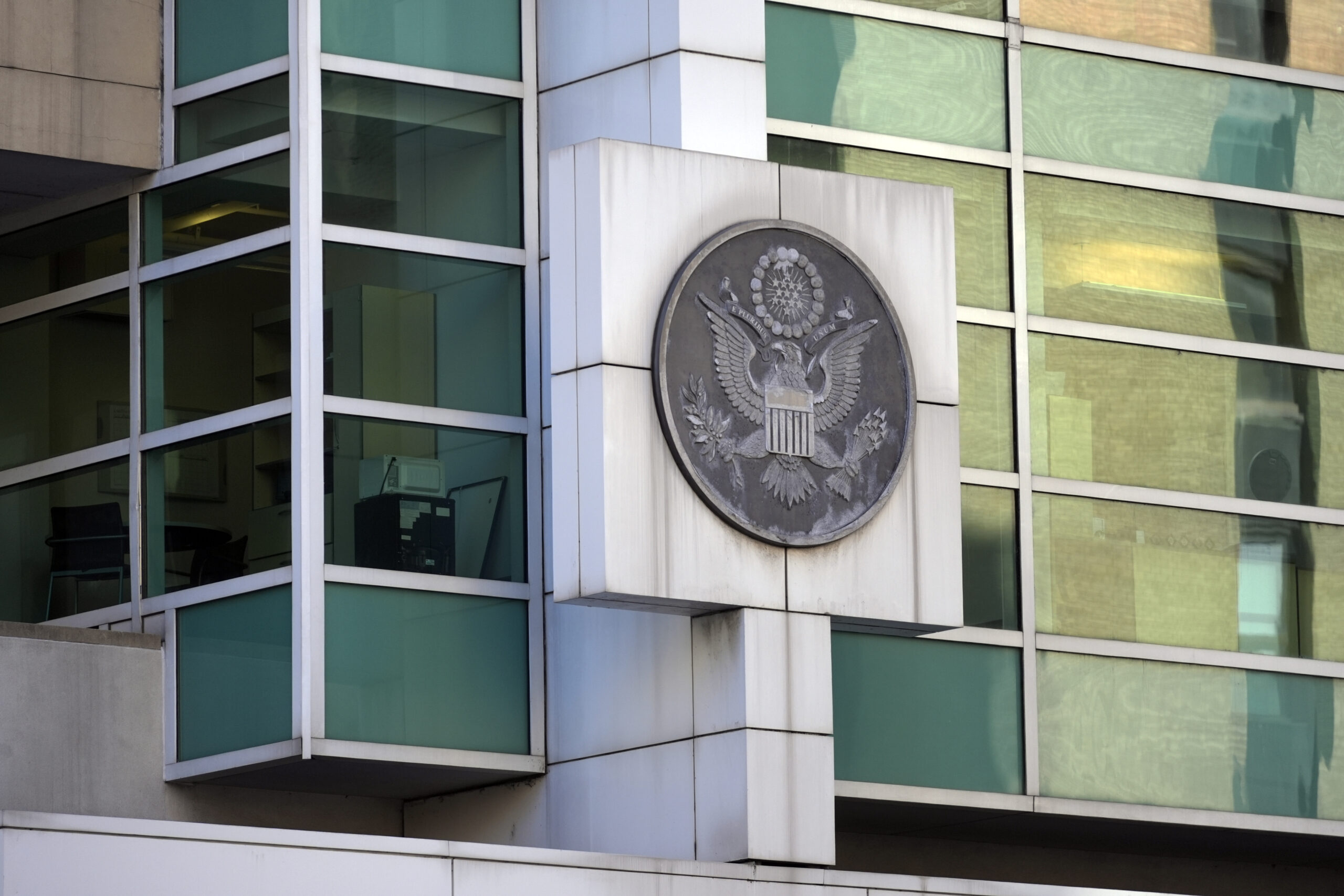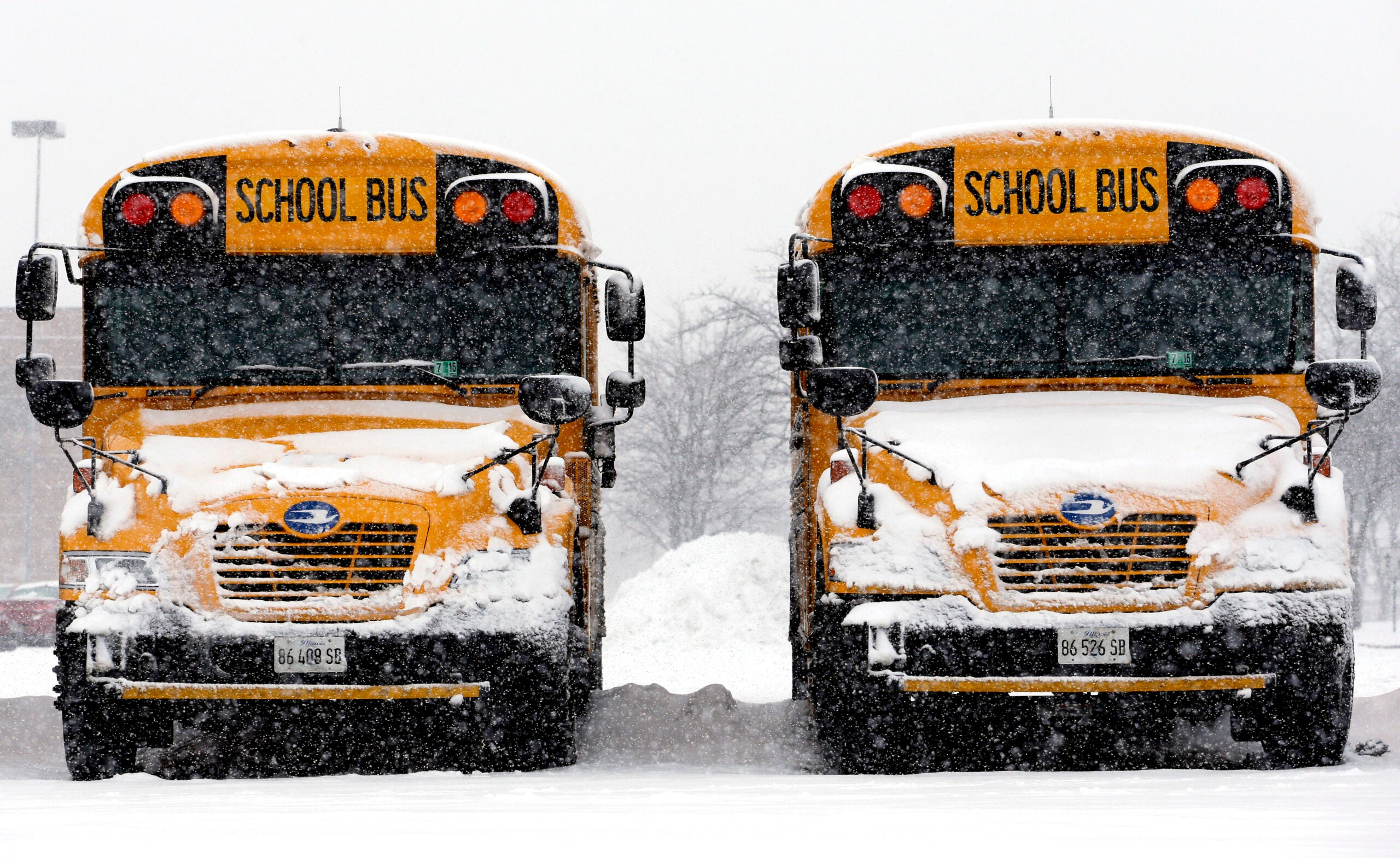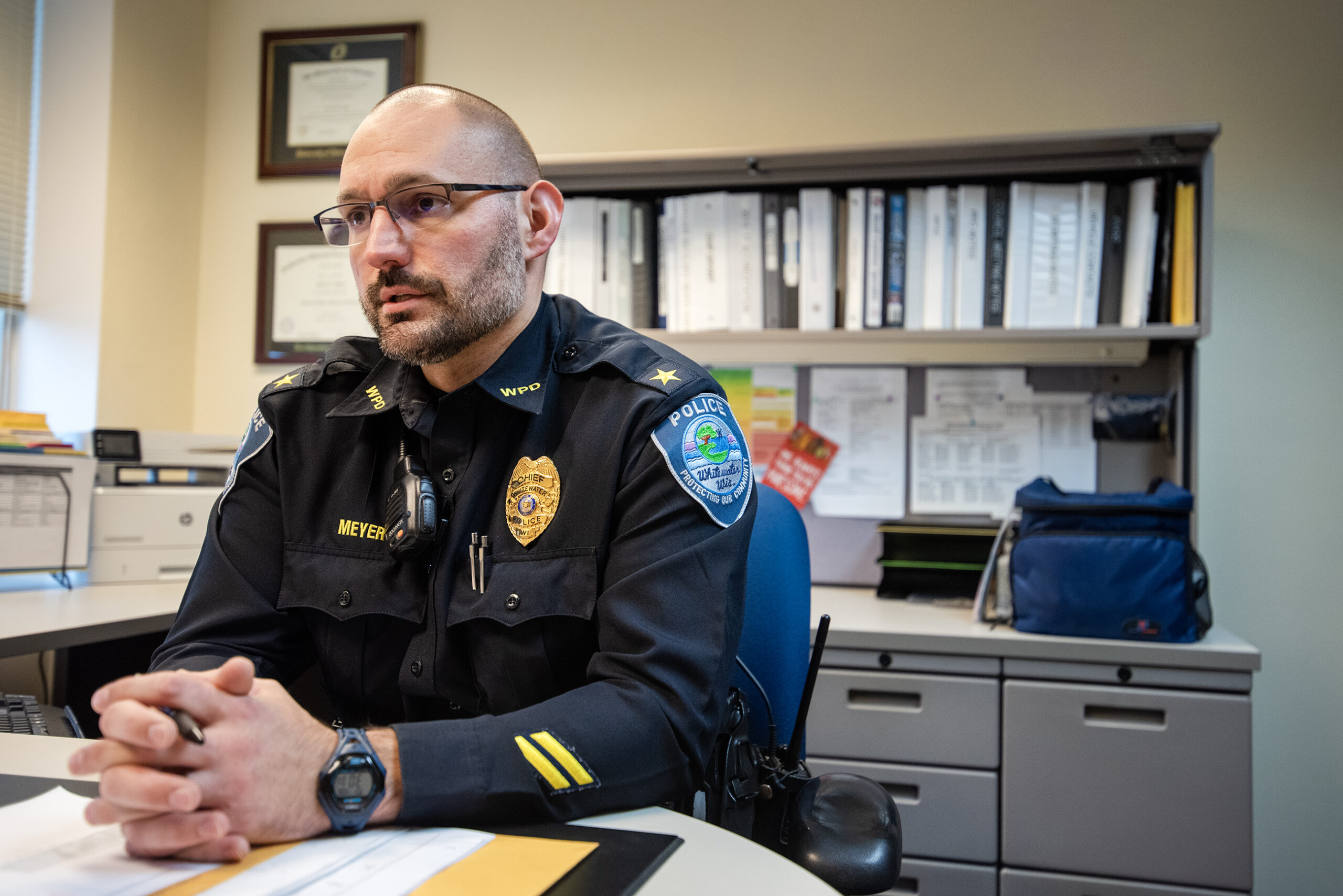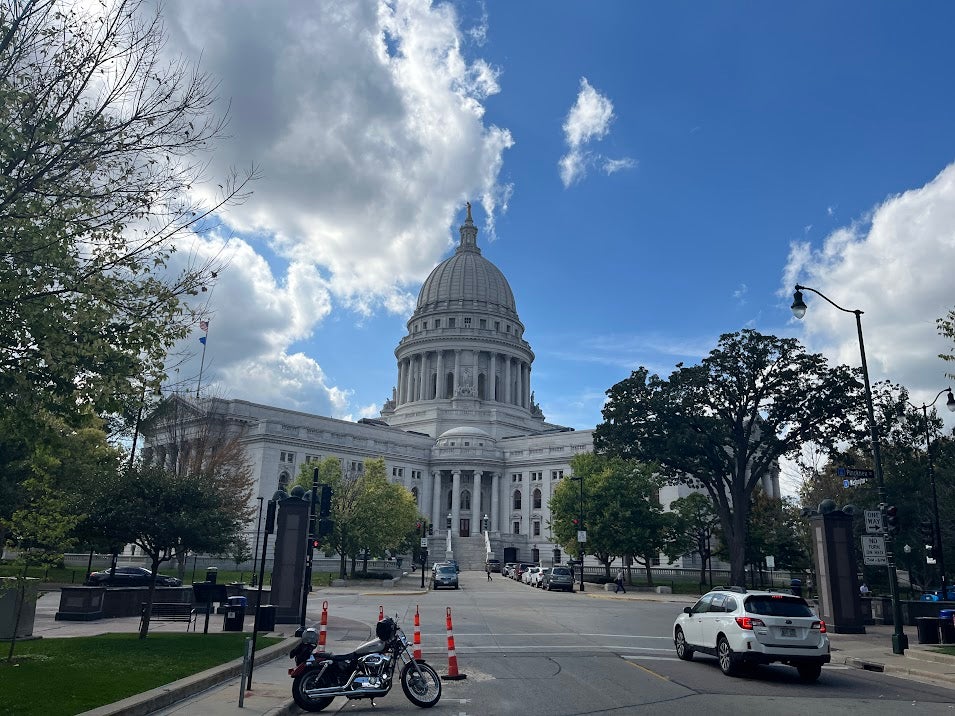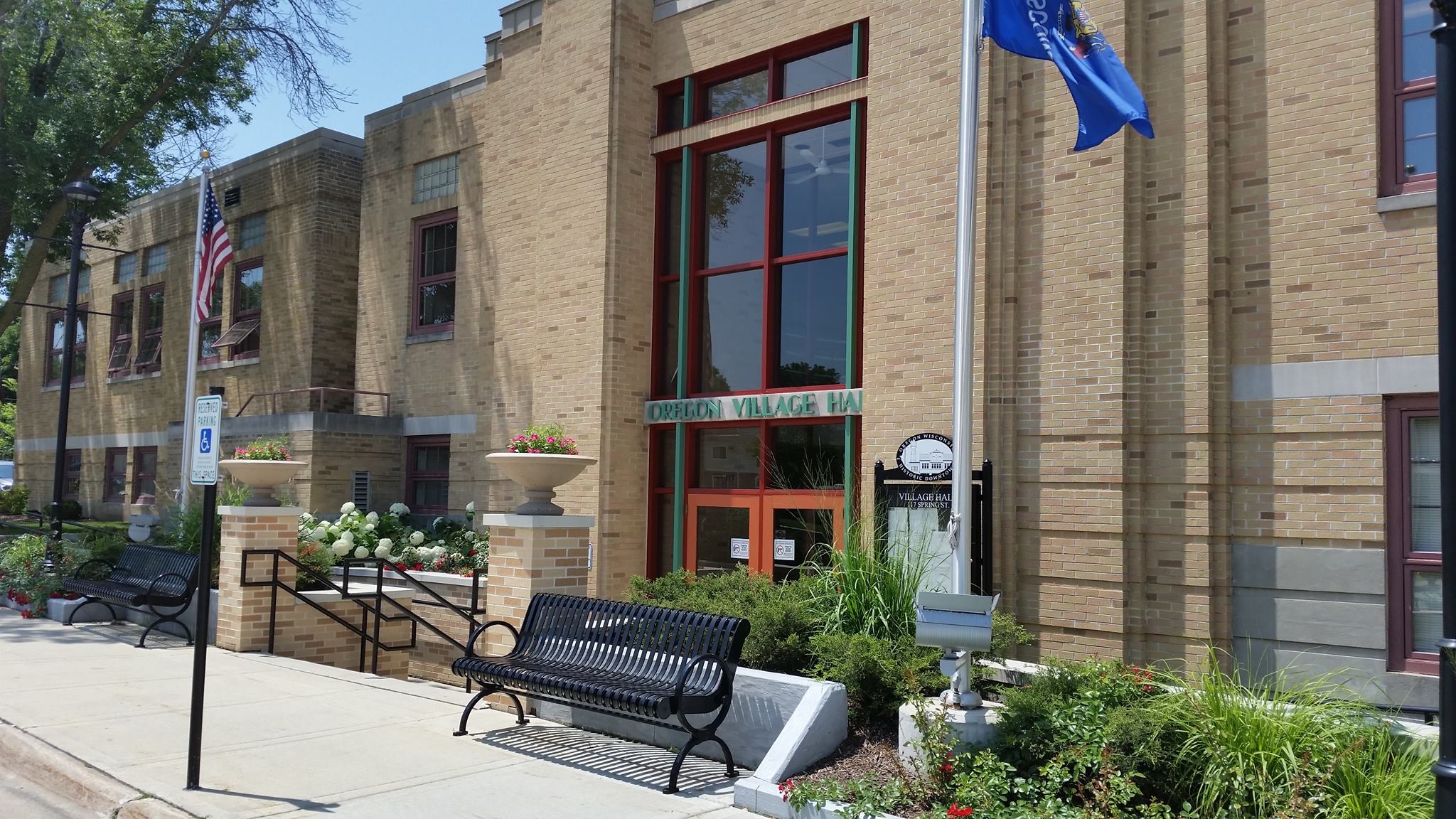Republican Assembly Speaker Robin Vos says he thinks it’s a good thing that several Wisconsin communities passed referendums in November to pay for public safety.
But Vos, R-Rochester, said he is open to a change in the way the state shares funding with local governments to help them pay for expenses like police.
Public safety was front-and-center in many 2022 campaigns, both in races for statewide office and for the Legislature. In the race for governor, Republican challenger Tim Michels painted Democratic Gov. Tony Evers as “soft on crime,” while Evers pushed for boosting state shared revenue to pay for police.
Stay informed on the latest news
Sign up for WPR’s email newsletter.
Other communities took matters into their own hands. According to a report by the Wisconsin Policy Forum, more than 20 communities asked voters to approve increased local taxes to support spending on public safety.
Local governments have pointed to the referendums as a sign that the state has underfunded its share of the cost of public safety, leaving communities to fend for themselves.
But at a virtual event hosted by the Wisconsin Policy Forum Friday, Vos rejected that argument.
“I think the fact that they’re going to referendum, that’s a good thing,” Vos said. “Because it means that every person in the community has an opportunity for that discussion beyond a basic level. So that’s why I’ve never had a problem with the idea of having a referenda to raise property taxes.”
Still, Vos conceded that inflation had made it more difficult for local governments to pay public employees. He said he’d been working with the League of Wisconsin Municipalities, the Wisconsin Counties Association and the Wisconsin Towns Association to see if there’s a way to update the state’s shared revenue formula.
“We have to do something different as far as being able to pay public employees, police officers, people who work in the sanitation department, whatever field you choose, to make sure that their wages are being kept up with the private sector,” Vos said. “So I am open to the idea of updating the shared revenue formula doing something different.”
During the campaign for governor, Evers proposed increasing state shared revenue for local governments by $91 million to pay for public safety.
There would likely be more than enough money in the next state budget to fund an increase in shared revenue should Evers and Republican lawmakers agree to one. But Vos has said repeatedly since the election that he won’t support new revenue without first seeing some type of reform.
Wisconsin Public Radio, © Copyright 2025, Board of Regents of the University of Wisconsin System and Wisconsin Educational Communications Board.
